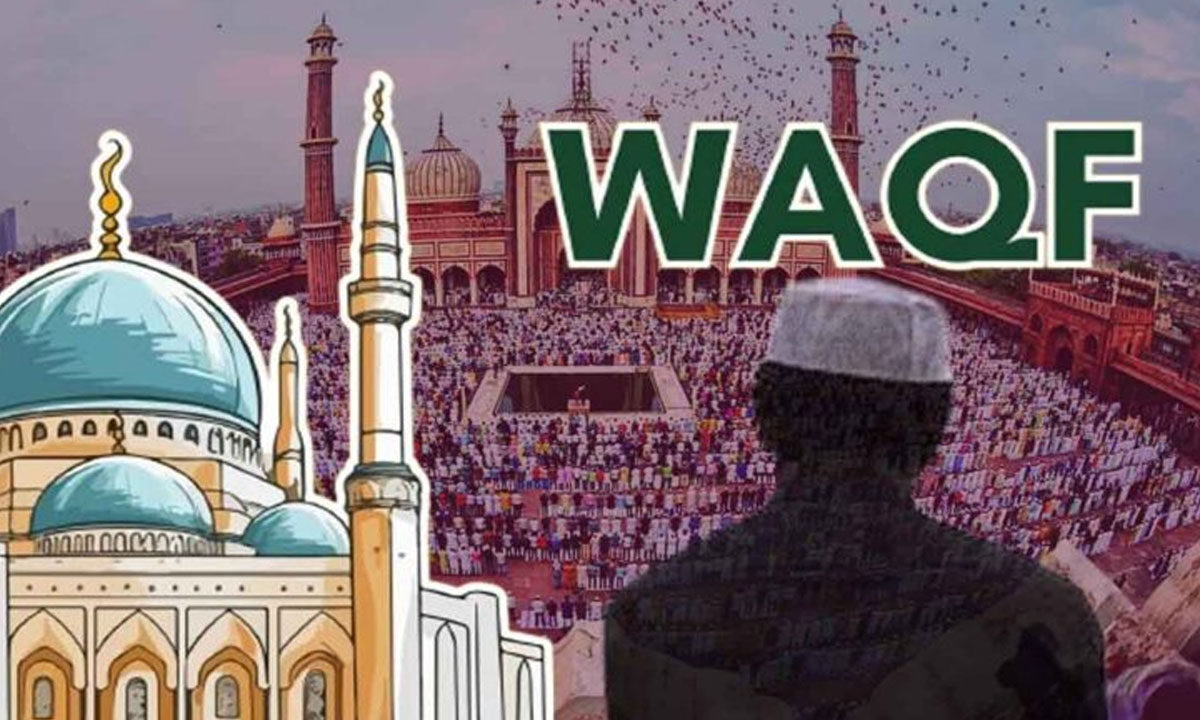Explained: What Is ‘Waqf by User’ and How Its Removal Could Impact Thousands of Religious Properties
In a significant development, the Supreme Court on Thursday ordered a status quo on all waqf properties across the country — including those recognised under the concept of "waqf by user" — until further notice.

New Delhi: In a significant development, the Supreme Court on Thursday ordered a status quo on all waqf properties across the country — including those recognised under the concept of “waqf by user” — until further notice. This interim order puts a pause on any administrative action regarding such properties amid the ongoing legal scrutiny of the Waqf Amendment Act, 2025.
Table of Contents
What Is “Waqf by User”?
The concept of waqf by user refers to properties — such as mosques, dargahs, graveyards, or community kitchens — that have been used for Islamic religious or charitable purposes for a long time, even without formal ownership documents. This practice gained legal recognition through court judgments and was formally codified in the Waqf Amendment Act, 2013, under the UPA government.
Under Islamic law, once a property is declared waqf, ownership is transferred to Allah, and a mutawalli (caretaker) is appointed to manage it. The sale or any alternate use of waqf property is strictly prohibited.
Court Questions Centre on Removal of ‘Waqf by User’
The Chief Justice of India, Sanjiv Khanna, leading a three-judge bench, questioned the Centre’s rationale for removing the “waqf by user” provision from the 2025 amendment. The bench observed that doing so could result in thousands of long-standing religious properties losing their legal status due to a lack of documentation.
“How will you register these waqfs by user? What documents will they have? It will lead to undoing something. Yes, there is some misuse. But there is genuine one also,” the bench remarked during the hearing.
Responses Sought, Status Quo Maintained
The apex court directed that a status quo be maintained on all waqf properties, including those recognised under “waqf by user”, until further orders. The bench has issued notices to the Union government, state governments, and respective waqf boards, asking for responses within 7 days.
Solicitor General Tushar Mehta assured the court that:
- No new appointments will be made to the Waqf Boards or the Central Waqf Council during this period.
- Properties already registered as waqf, including those declared via notifications or gazettes, will not be de-notified.
Next Steps and Hearing Date
The Supreme Court directed that counter-affidavits must be filed within five days of receiving the responses. While a specific date for the next hearing was not announced, the matter has been posted for further proceedings on May 5.
The court’s interim ruling is seen as a critical pause in administrative and legal changes affecting waqf properties and signals a broader judicial examination of the implications of the Waqf Amendment Act, 2025.
